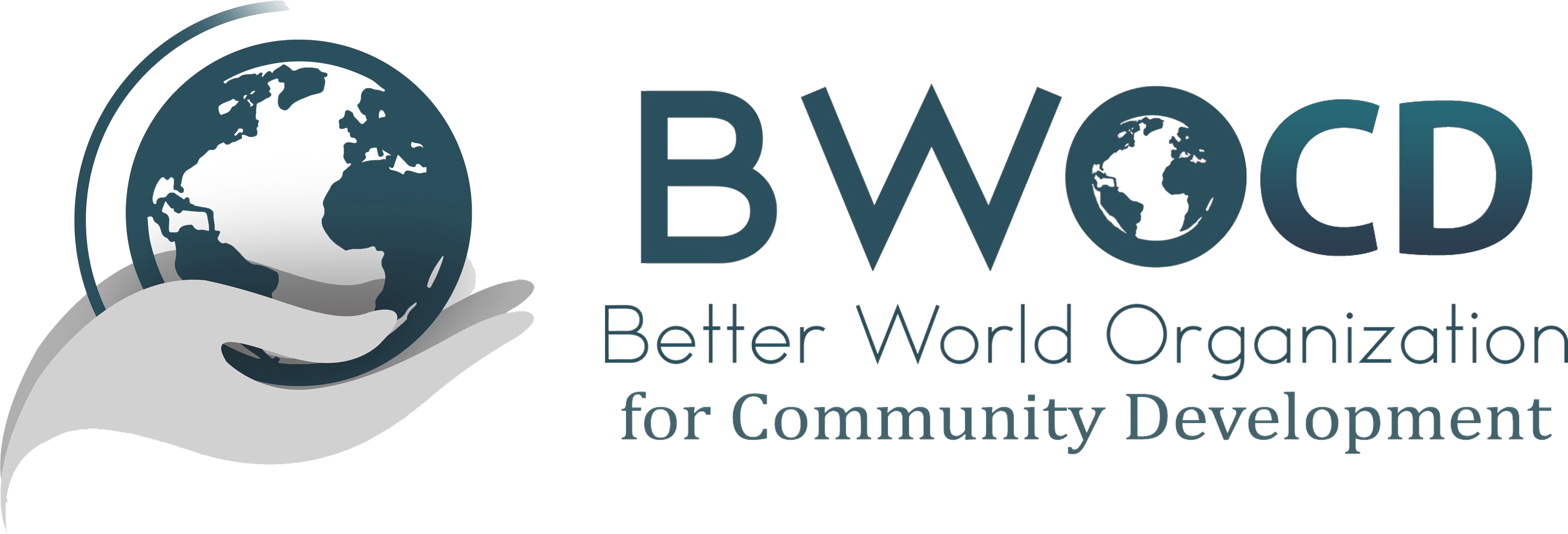Strengthening the Resilience of Kabartu 1 camp Community through Psychosocial Support Center
a project of five months started from 1st April and will continue to the end of Augest . Theproject provides psychosocial support services to improve the wellbeing of IDPs living in the target location. The existed IOM center is being used to implement this proposed project. The main objective of this intervention is to strengthen the resilience of IDPs of all ages to cope with psychosocial problems, managing living in protracted displacement and improve the quality of their life through various activities the center will conduct. Psychosocial wellbeing of the IDPs is the main focus of the most activities the center offers. This is to reduce the stress, isolation, anger, disappointment, confusion, trauma, negative thinking, grief, sadness, hopelessness etc. which contribute to poor psychosocial well-being of displaced persons residing in Kabartu 1 camp.
Moreover, beside of the direct emotional support through individual, family and group activities, building the capacity of target group specially women and youth is important aspect to rebuild the life of IDPs living in Kabartu 1. Through this coping skills the displaced persons gain adequate skills to improve their life by participating in vocational and capacity building trainings.
Furthermore, this project provides a platform to youth groups to develop their capacities through volunteering and community based approach. This platform is created by the team of the center and the motivated young people who are ready to work voluntarily for their community . Supporting and encouraging young people to implement small initiatives is a part of community development approach. Community development can be described as “a process where community members come together to take collective action and generate solutions to common problems.” It is a broad term given to the practices of civic leaders, activists, involved citizens and professionals to improve various aspects of communities, typically aiming to build stronger and more resilient local communities. Community development approach seeks to empower individuals and groups of people with the skills they need to effect change within their communities. Through this project, small groups of young people are created that they work together to find initiatives that address common issues in their community aiming to build more resilient and coexistence communities. After the selection process of 20 young IDPs based on a specific criteria that was discussed by project team, these selected IDPs are having the opportunity to participate on life skills workshops on weekly basis. Moreover, through more workshops about the concept of community based approach; these young IDP volunteers gain the knowledge and capacity to be able to develop their community. These 20 selected volunteers are encouraged for developing their community through taking initiatives in implementing activities that improve the life in Kabartu 1 camp. To promote social cohesion among IDPs and host communities, these created young volunteer groups along with the volunteer groups of Better World organization have been engaged to participate in learning trips. The trips included educational and hiking activities and more activities of this kind will be held in coming months of the project.
However, this project will continue in implementing new activities that are known globally for dealing with psychosocial issues of participants. Creating peer support groups is one of the examples. Peer support is widely used internationally in formal and informal programs and has been found to have positive impact on individuals with shared problems poor conditions or living in difficult situations. Potential positive outcomes through peer support are:
- Foster social networking
- Improve quality of life
- Promote social well-being,
- Improve coping skills
- Enhance acceptance of mental health problems
- Improve compliance (e.g., medication adherence)
- Reduce concerns
- Improve satisfaction on health status.















